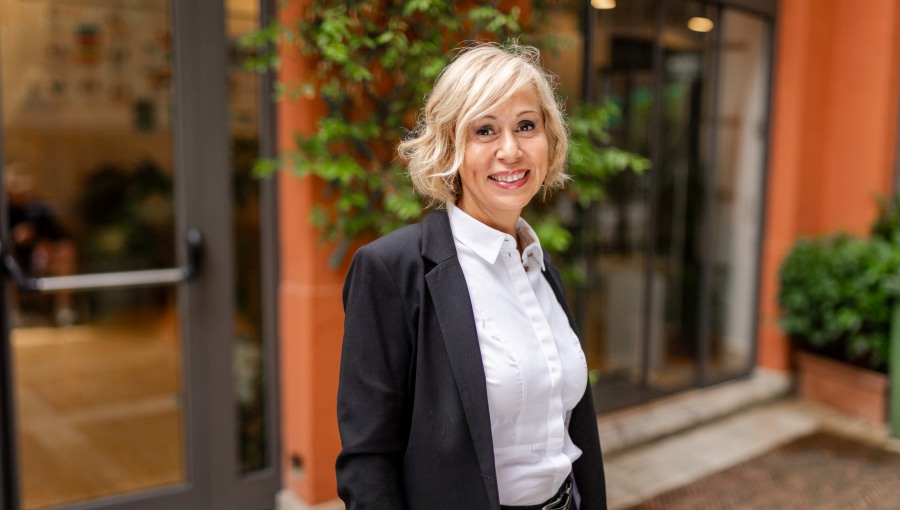Decentralized Internet: JCU Welcomes Costanza Gallo for a Lecture
The JCU Institute for Entrepreneurship and Professor Alina Sorgner invited Costanza Gallo for a lecture called “Decentralizing Computing Power: Implications for the Humanities” for the Entrepreneurial Ecosystems class, on October 20, 2021. Costanza Gallo is the Enterprise Coordinator at EthSwarm, and is currently working on the Web 3.0 project. The lecture gave students an overview of the evolution of the internet, as well as the benefits of decentralized computer power and resources.

Costanza Gallo
Gallo began the lecture by highlighting the quickly-evolving nature of the internet. She pointed out that “everything in this domain goes so fast that it is hard to keep track of all that happens,” so students must be aware of what really occurs on the internet nowadays. As Gallo explained, the internet began as a space for freedom and creativity for the users, which was, and still is, “mind-blowing.” Web 1.0 was very static and difficult for everyone to access since the only people able to understand and upload content were mostly professionals and scientists. This evolved into Web 2.0, where new technologies made it possible to create web applications to provide users with simple interfaces that allow them to publish into the server without any interference. Common examples of Web 2.0 are Facebook and Twitter. The main issue is that very few companies have a monopoly over online content, meaning that they control content and accessibility. Through the use of various case studies, Gallo demonstrated the downsides of Web 2.0 and the dangers of its misuse.
Gallo described Web 3.0, also known as decentralized internet, and its implications in today’s world. Here, computer resources are decentralized, meaning that everyone can become part of the network with their own computer. As Gallo pointed out, censorship is less strict and users can own their data since consent is required for data to be accessed by other parties. Web 3.0 gives users more freedom, security, and financial empowerment, respecting human rights and privacy. Gallo concluded by stating the importance of decentralized internet and how much it can help us in our modern technological society. The lecture provided food for thought to the students, encouraging them toward new visions of the internet and cyber-control.





